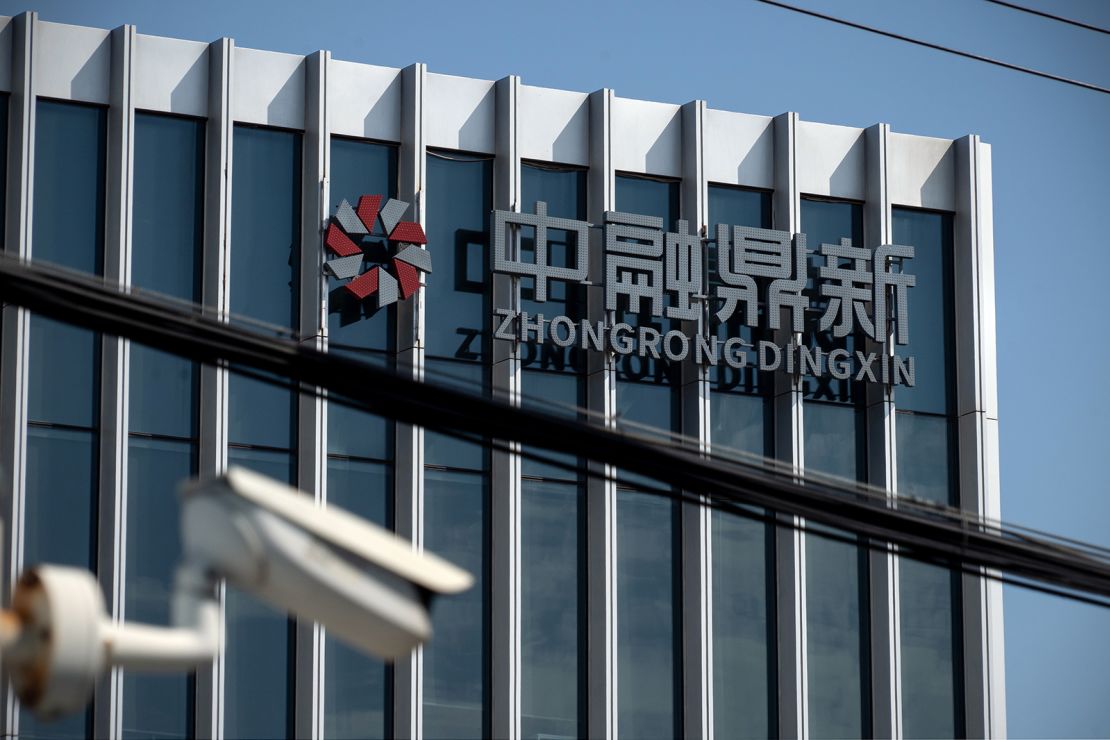Wanxiang Trust, an investment and asset management company in China, has reportedly missed payments on several investment products to investors, adding to fresh worries about the stability of the country’s shadow banking sector.
The Hangzhou-based firm has delayed payments on a number of maturing products worth several billion yuan — some of which invested in real estate — state-owned 21st Century Business Herald reported on Tuesday, citing unnamed investors. A trust company usually manages funds for individuals, companies or other entities.
China’s trust firms are part of its $3 trillion “shadow banking” industry, which forms an important source of finance in the country. The term usually refers to financing activity that takes place outside the formal banking system, either by banks through off-balance-sheet activities, or by non-bank financial institutions.
Separately, state-owned Cailianshe reported last Friday that Wanxiang also missed interest payments on two other trust products since August, which have a total outstanding value of 1 billion yuan ($141 million).
Dozens of investors who had bought the products, which invested in the medical sector, protested at the financial regulator in the eastern province of Zhejiang last week, voicing their grievances to the supervisor and questioning Wanxiang’s use of their funds, Cailianshe said.
Calls to Wanxiang’s hotline were not answered, and the company hasn’t responded to emailed requests for comments.
Wanxiang Trust was established in 2012 and is owned by Wanxiang Group, one of China’s largest privately-owned conglomerates. By the end of 2022, the trust company managed related assets worth 89.25 billion yuan ($12.6 billion), 58% of which were invested in real estate.
The reports come two weeks after Zhongzhi Enterprise Group, another major shadow bank, declared itself “insolvent” after missing payments to its investors. Zhongzhi is currently at the center of a criminal investigation by police.

The trust industry’s troubles highlight “the property spillover” into the financial sector, Fitch Ratings said in a report last week.
Moody’s Investors Services also warned in September that China’s trust sector could face liquidity challenges during the current property downturn.
China’s trust industry has lent extensively to the country’s property developers, many of which have fallen into trouble since 2020, when the government cracked down on reckless borrowing.
Among Wanxiang’s troubled products, one was linked to embattled property developer Kaisa Group, which defaulted in 2021, according to the 21st Century Business Herald.
Another product invested in a local government financing vehicle in the southwestern province of Guizhou, which has defaulted on some of its loans.
The two medical trust products were related to a hospital project in Guizhou, which is one of China’s most indebted provinces, according to Cailianshe.
Local governments, which have traditionally relied heavily on income from land sales, have taken a hit in their finances from the property downturn. Earlier this year, Guizhou admitted defeat in trying to sort out its finances and appealed to Beijing for help to avert default.
Last month, at its twice-a-decade Central Financial Work Conference, the Chinese leadership stressed the importance of addressing risks more systematically across the financial sector and preserving overall stability.








